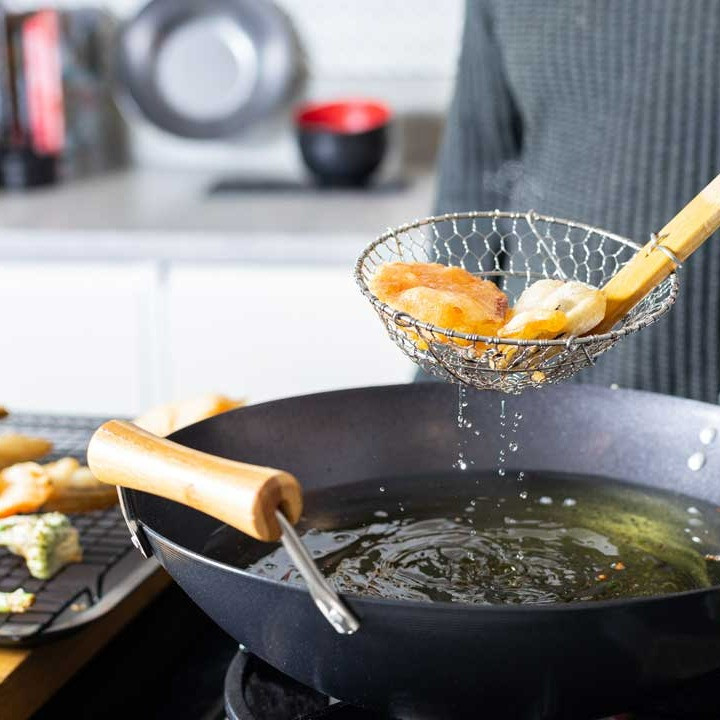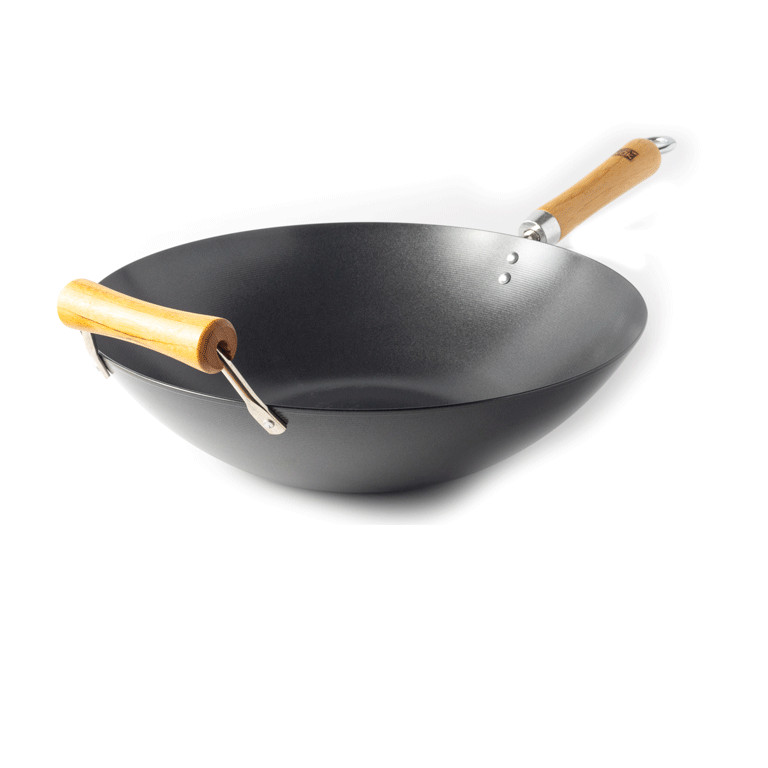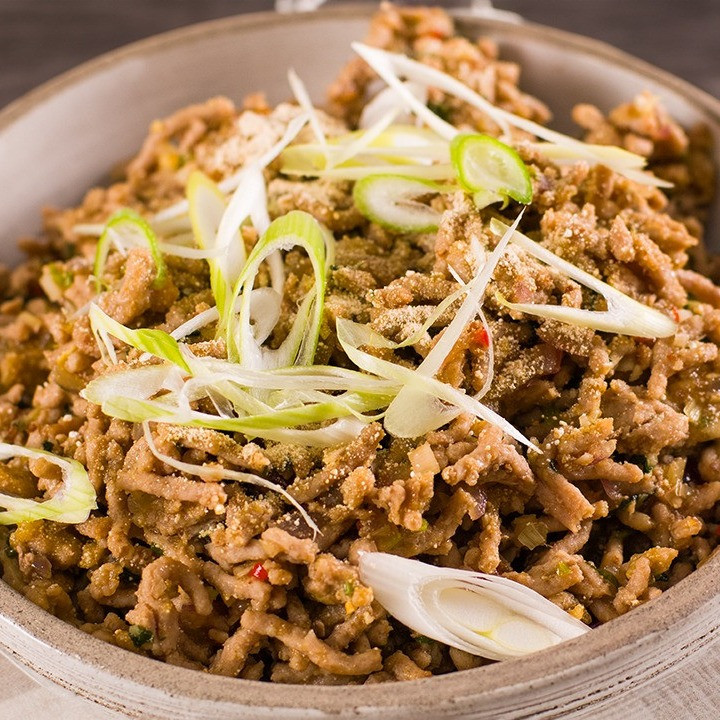
How to Care for a Non-Stick Wok
You might think that caring for a non-stick wok is straightforward and that you can look after it in the same way you’d deal with any other pot or pan in your kitchen, but you’d actually be mistaken. Non-stick woks need to be cared for in a very specific way in order to preserve the coating and the general integrity and condition of the wok itself.
If you’re wanting to keep your wok in top condition throughout its lifetime, for many years to come, then we’ll be going through a few do’s and don’ts when it comes to their care. From cleaning your non-stick wok to storing it when it’s not in use, here’s everything you need to know in order to care for your non-stick wok effectively.
The do’s & don’ts of looking after a non-stick wok
There are several things you need to be doing in order to properly look after your non-stick wok. Whether you’re unsure about how to clean them correctly or if you’re simply looking for ways to maintain them for as many years as possible, you’ve come to the right place. Here are the do’s and don’ts of owning and looking after a non-stick wok:
Don’t use cooking sprays on non-stick woks
It’s important that you oil a non-stick wok before every use, but cooking sprays should be avoided, despite their health benefits. This is because cooking sprays can cause a residue to build up on the pan, more so if it hasn’t been washed properly after use. The residue that’s left behind could become sticky and tough to remove as time goes on.
Do cook on low & medium heat when using non-stick woks
Although it might seem like a good idea to cook on a high heat, it’s actually something that you should refrain from doing when it comes to cooking in a non-stick wok. Although a non-stick wok has a high resistance to heat, it can break down the teflon over time. This, essentially, means that the non-stick coating will start to deteriorate, eventually, with continuous cooking on a high temperature.
Don’t pre-heat a non-stick wok when it’s empty
Preheating an empty pan might seem harmless enough, but you could be causing more harm than good to your nons-tick wok. Non-stick pans, especially when it’s never been used before, can cause unhealthy fumes to be emitted when there isn’t any oil present. Although it might seem pointless to oil a non-stick pan, especially if it’s seasoned, it’s still something that you’ll need to do, and at a low-to-medium temperature as well.
Do use the right cooking utensils
You should never use metal cooking utensils on a non-stick wok, or any non-stick pot or pan. This is because you could scratch the non-stick coating, perhaps even affecting the material itself over time. Once the non-stick coating has become compromised, it's no longer considered to be effective, which could cause you to stop using the non-stick altogether.When cooking using a non-stick wok, only use plastic, silicone or wooden utensils, like spoons, tongs or spatulas.
Don’t put the non-stick wok in a dishwasher
It's very important that you wash your non-stick wok by hand. Dishwasher tablets and detergents are highly-abrasive and they also leave a film behind on the plates and bowls that are washed in there. You should only use washing up liquid and warm water when washing your non-stick wok, being careful to use only soft sponges and dishcloths. Once you have carefully cleaned your non-stick wok, you should dry it carefully using a soft tea towel and then place it back in the cupboard for safe keeping, until you need to use it again.
Do let your non-stick wok cool before washing
Before you wash your non-stick wok by hand, make sure it has fully-cooled beforehand. Not only is this important for your own safety, so as to prevent burns and other injuries, it also helps to preserve the non-stick coating present on the wok. Make sure you leave the wok to cool naturally as opposed to placing it somewhere like a fridge or freezer for immediate effect.
Don’t use abrasive cleaning chemicals on your non-stick wok
When you’re cleaning your wok after use, make sure you do not use any strong or abrasive cleaning chemicals on it. This is because you could risk stirpping the wok of its non-stick coating, therefore rendering it any but ‘non-stick’. You should also refrain from using scourers and abrasive sponges, instead opting for sponges or dishcloths that are soft. If you’re having trouble removing any food, then leave the wok to soak rather than try and prise or rub it off as this could have a negative impact on the non-stick wok coating. This will help to lift the food off, in time, without needing to use any force.
Do store your non-stick wok correctly
You don’t always use your wok to cook with, so what do you do with it? Many people would simply put it into a cupboard with other pots and pans, but there’s more involved with nons-tick wok storage than you might have otherwise thought. Non-stick woks need to be stored on their own, away from any other cooking utensil.
It’s not always possible for people to do this as woks can be considerably large, but this is the best way to ensure they do not rub on, or come into contact with, any other object, because this could cause the coating to rub off or for the wok to become scratched. If you’re struggling for space, place some soft cotton cloths around the wok to stop anything else from rubbing on it.
School of Wok are proud to offer customers sterling cooking classes throughout London that are led by highly-qualified, experienced chefs and cooking professionals. In addition to unrivalled cooking classes in London, we are also pleased to carry out a wealth of cooking and food-based corporate events. As well as being able to offer unparalleled cooking classes and sterling corporate and team-building events, we are also able to supply high-quality cookware, including chopsticks, woks and a variety of different cooking tools, to name a few. If you would like further details about the goods and services School of Wok are able to provide, then get in touch with us today on 0207 018 9119.







